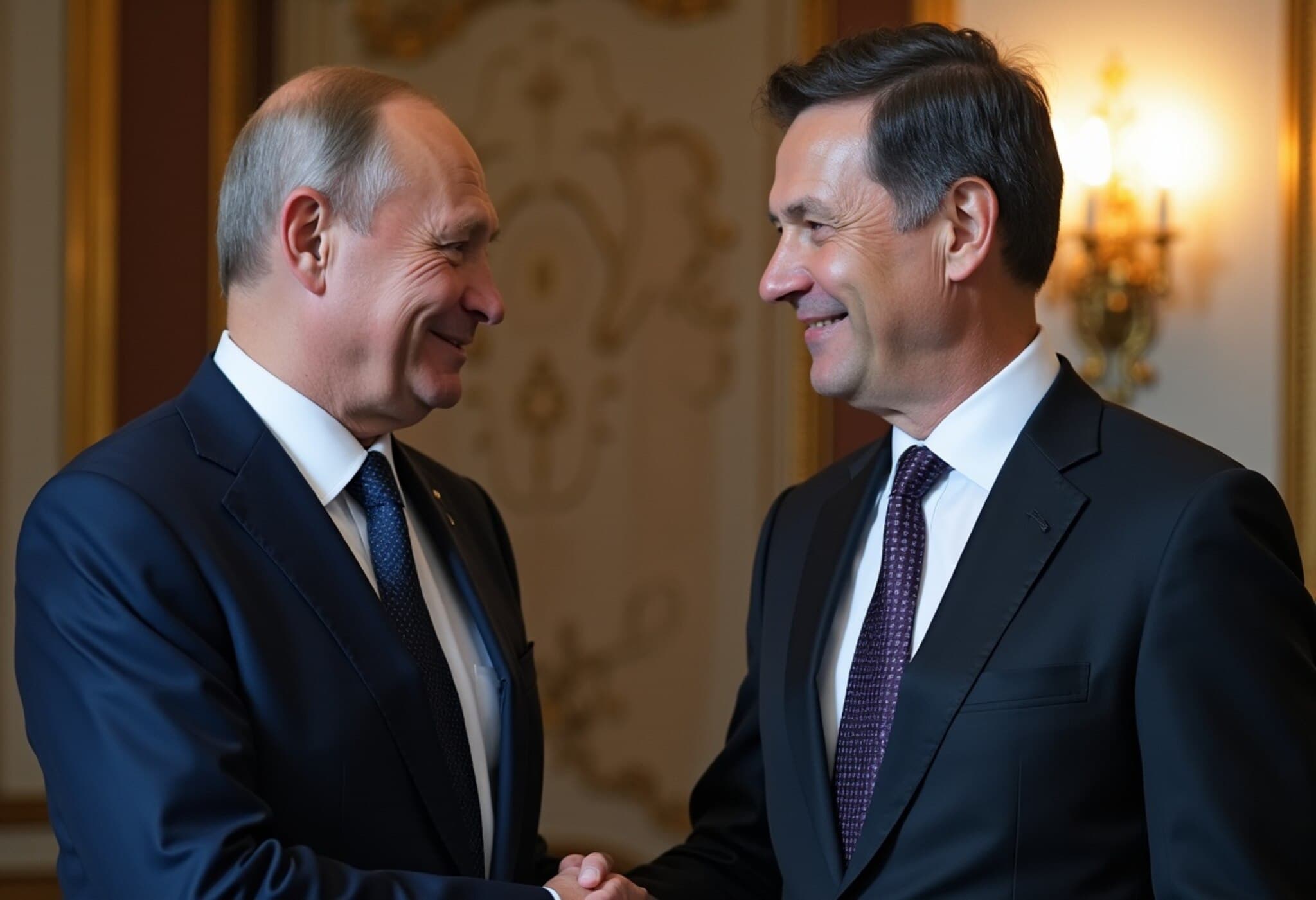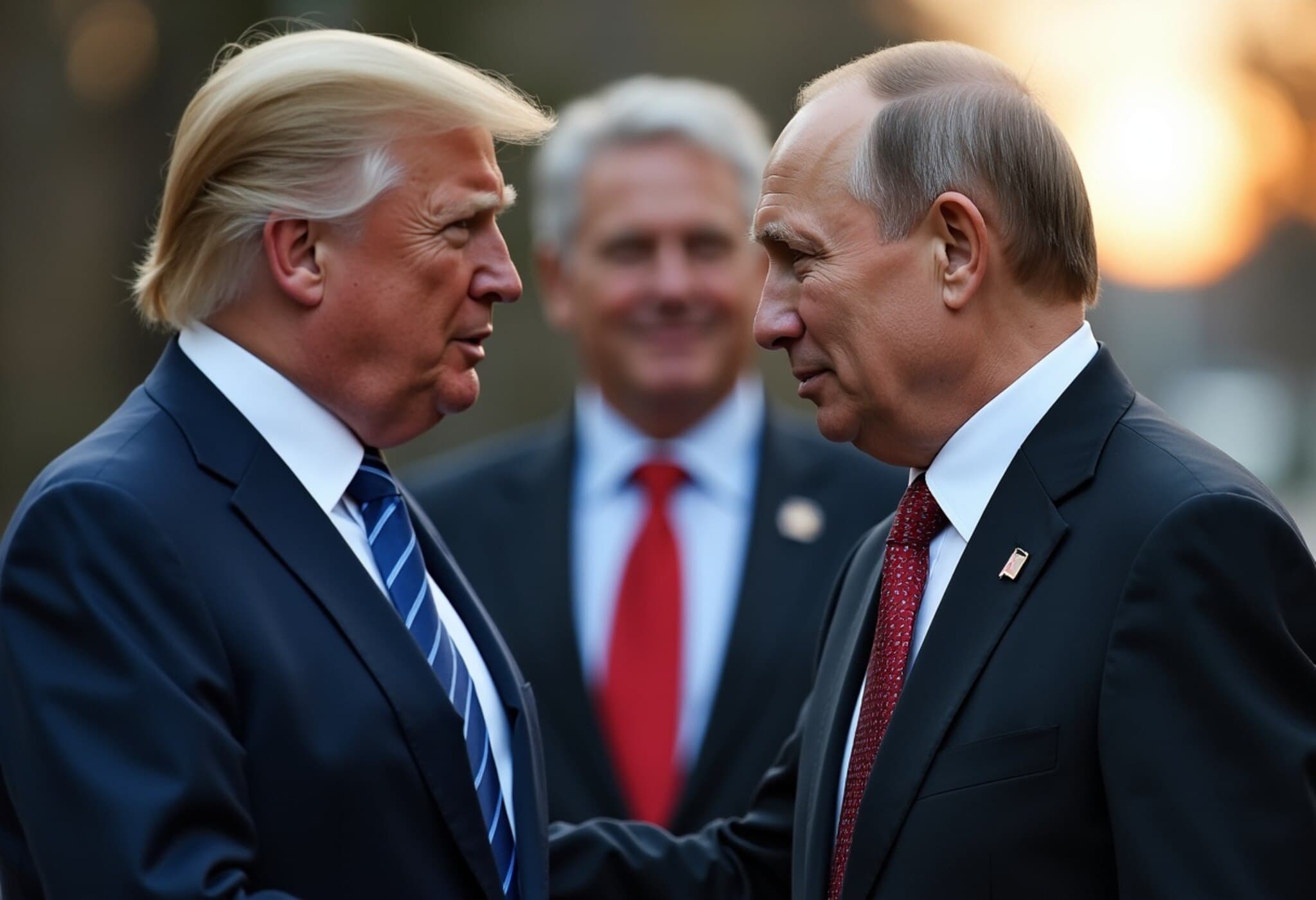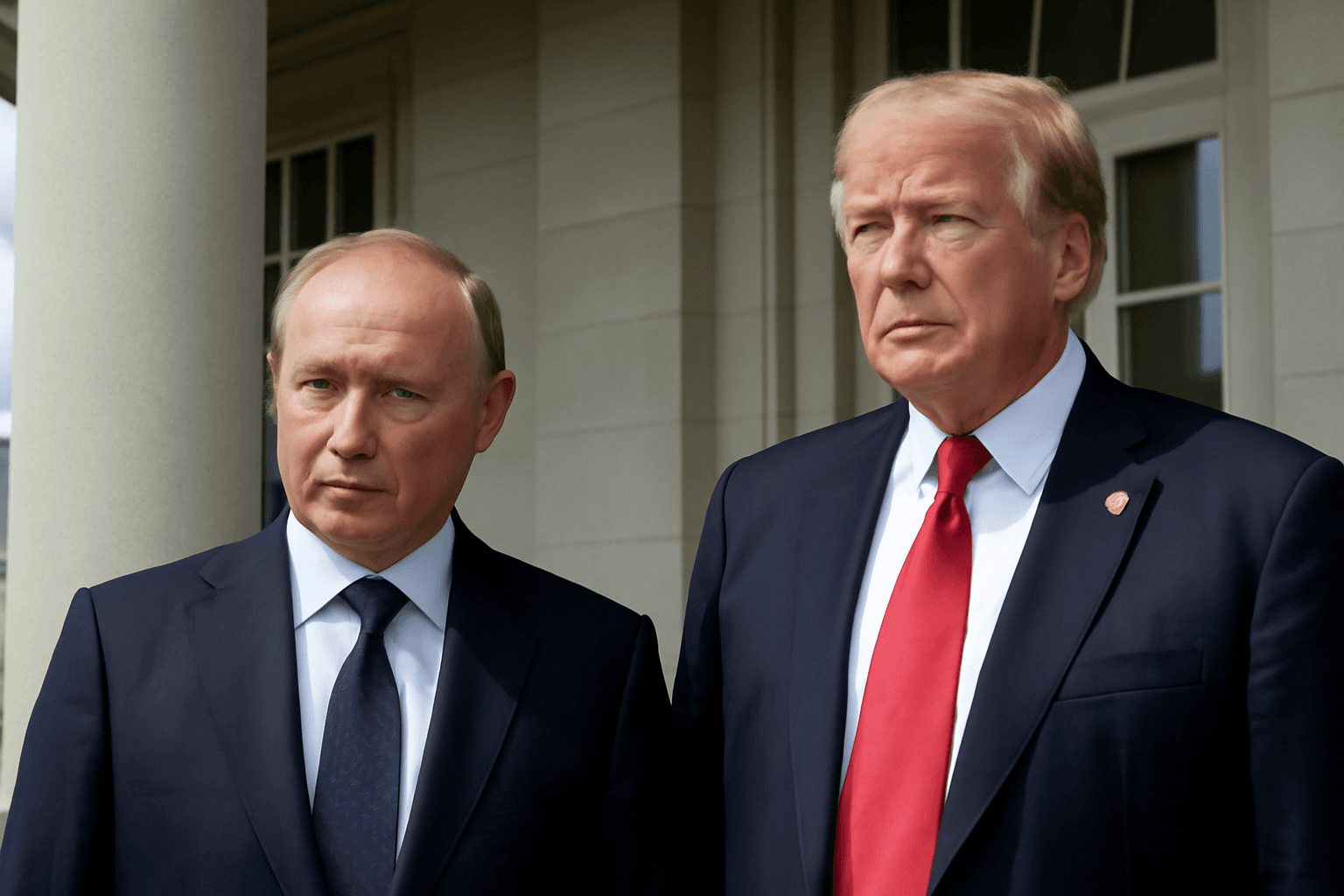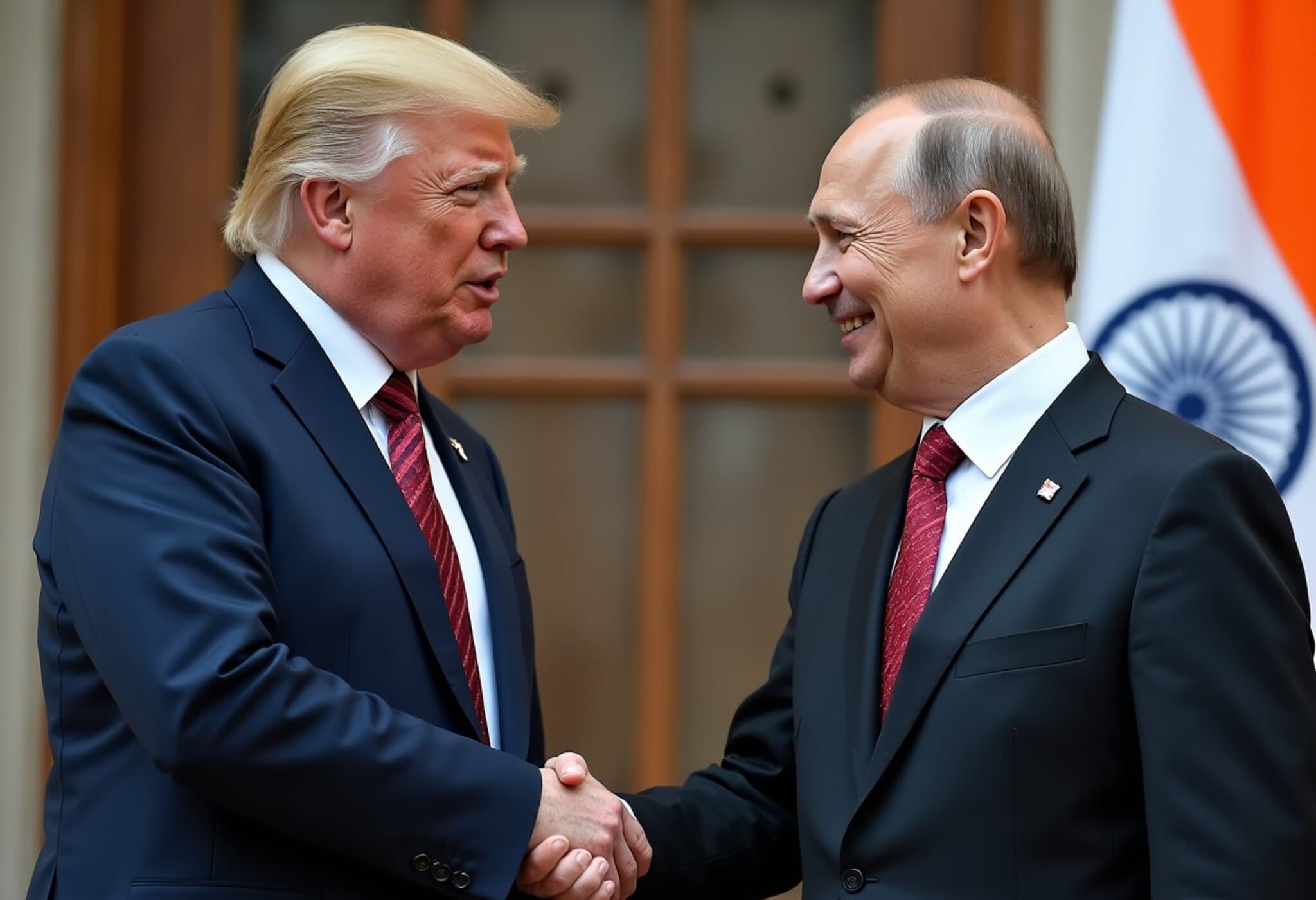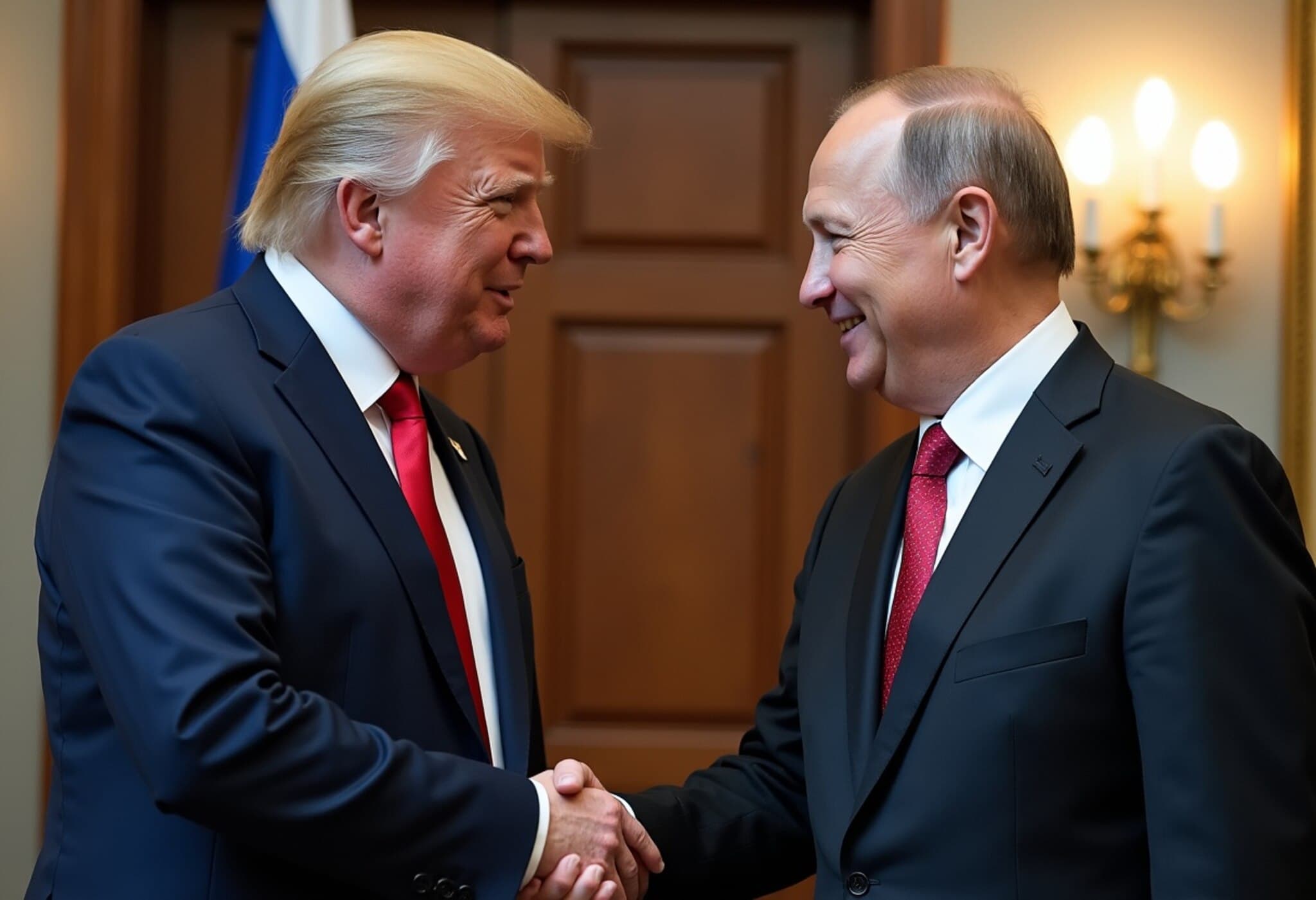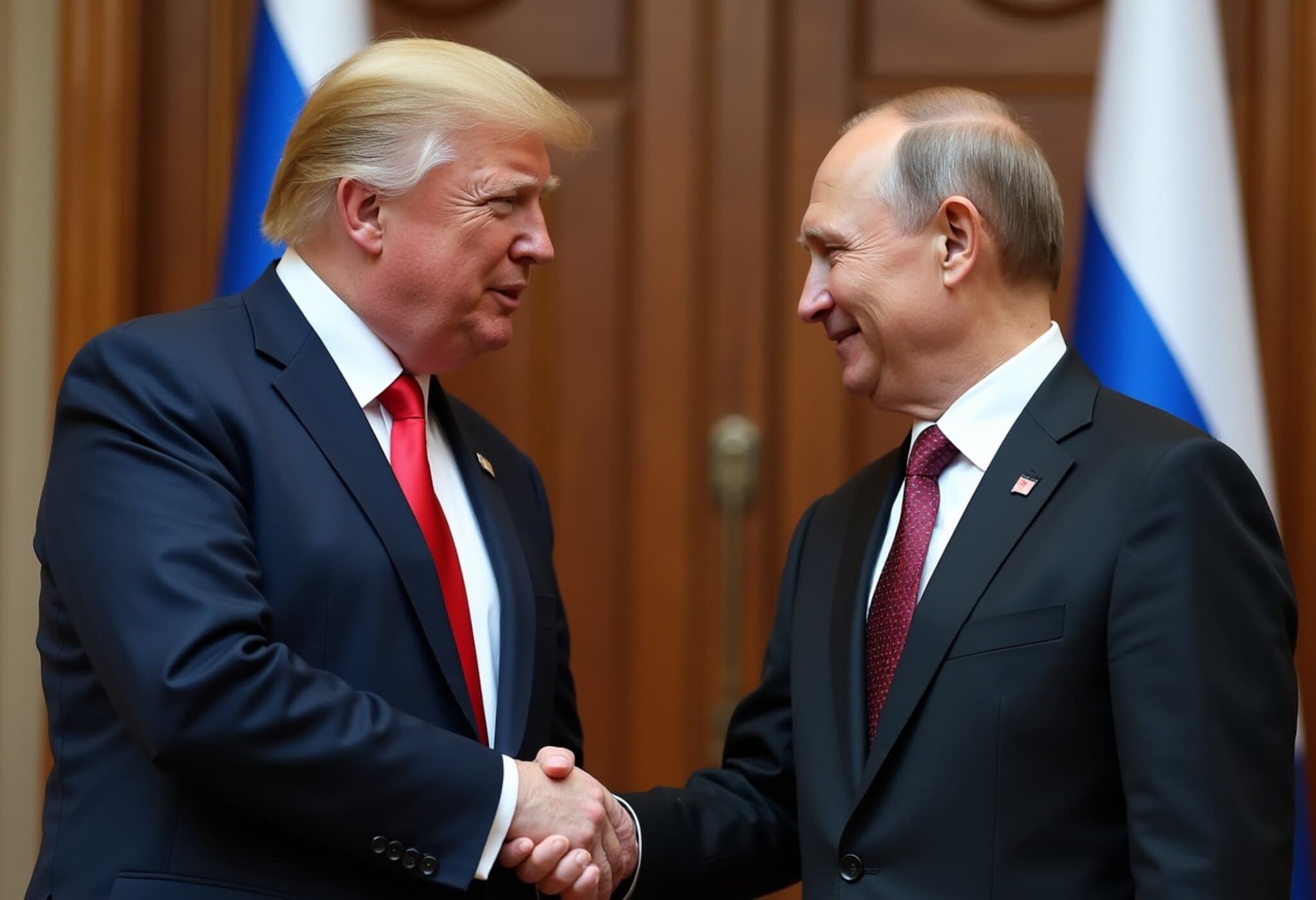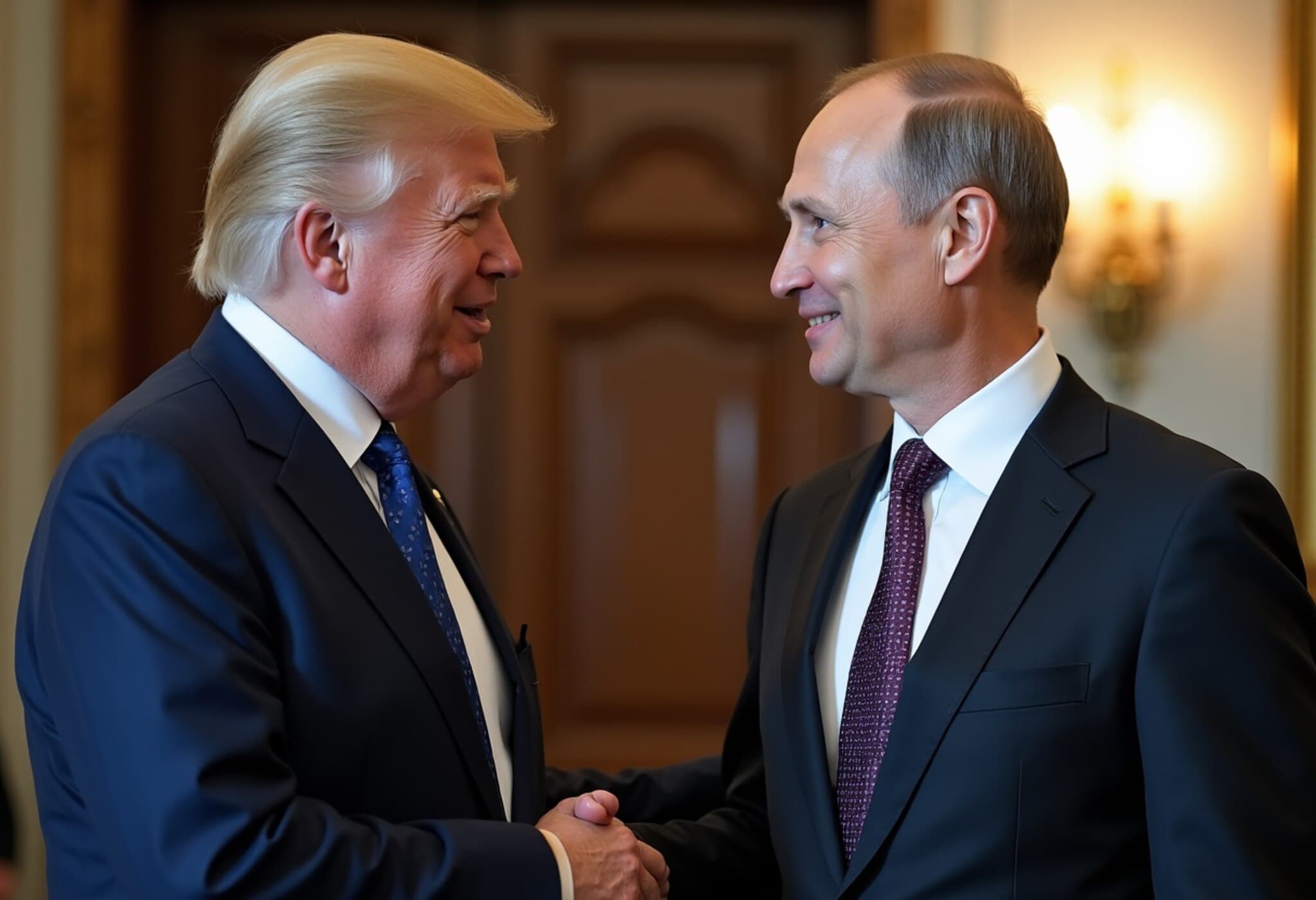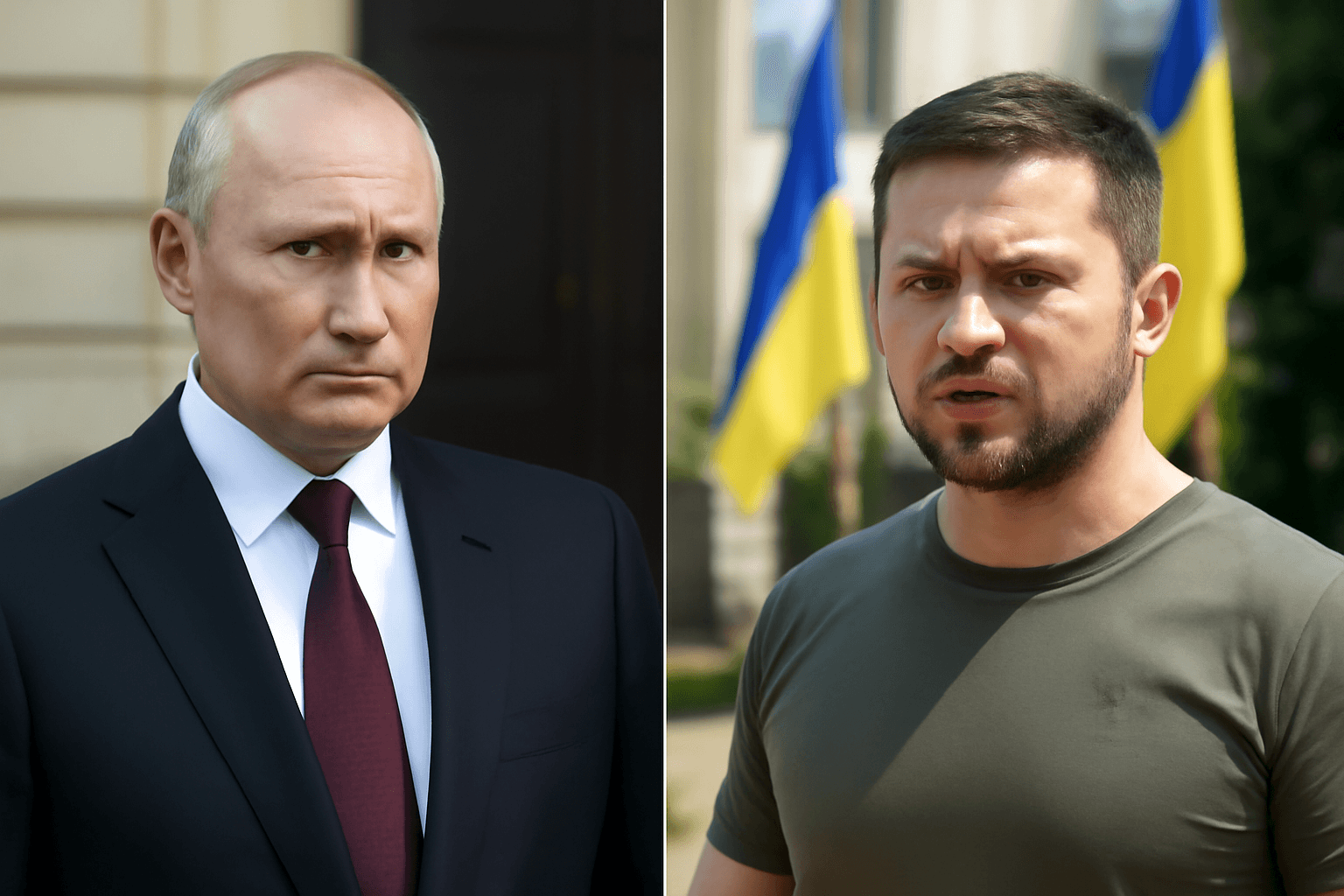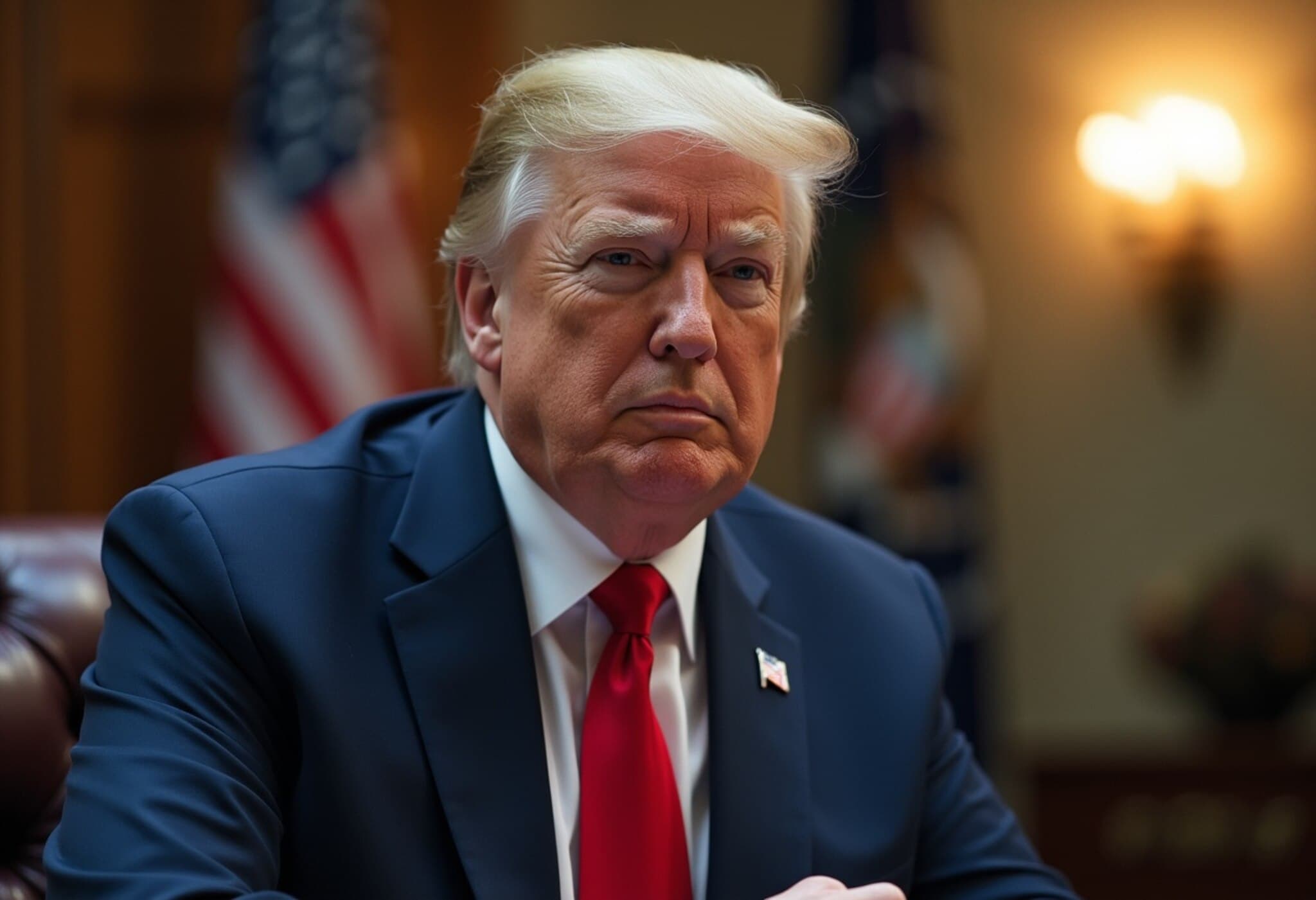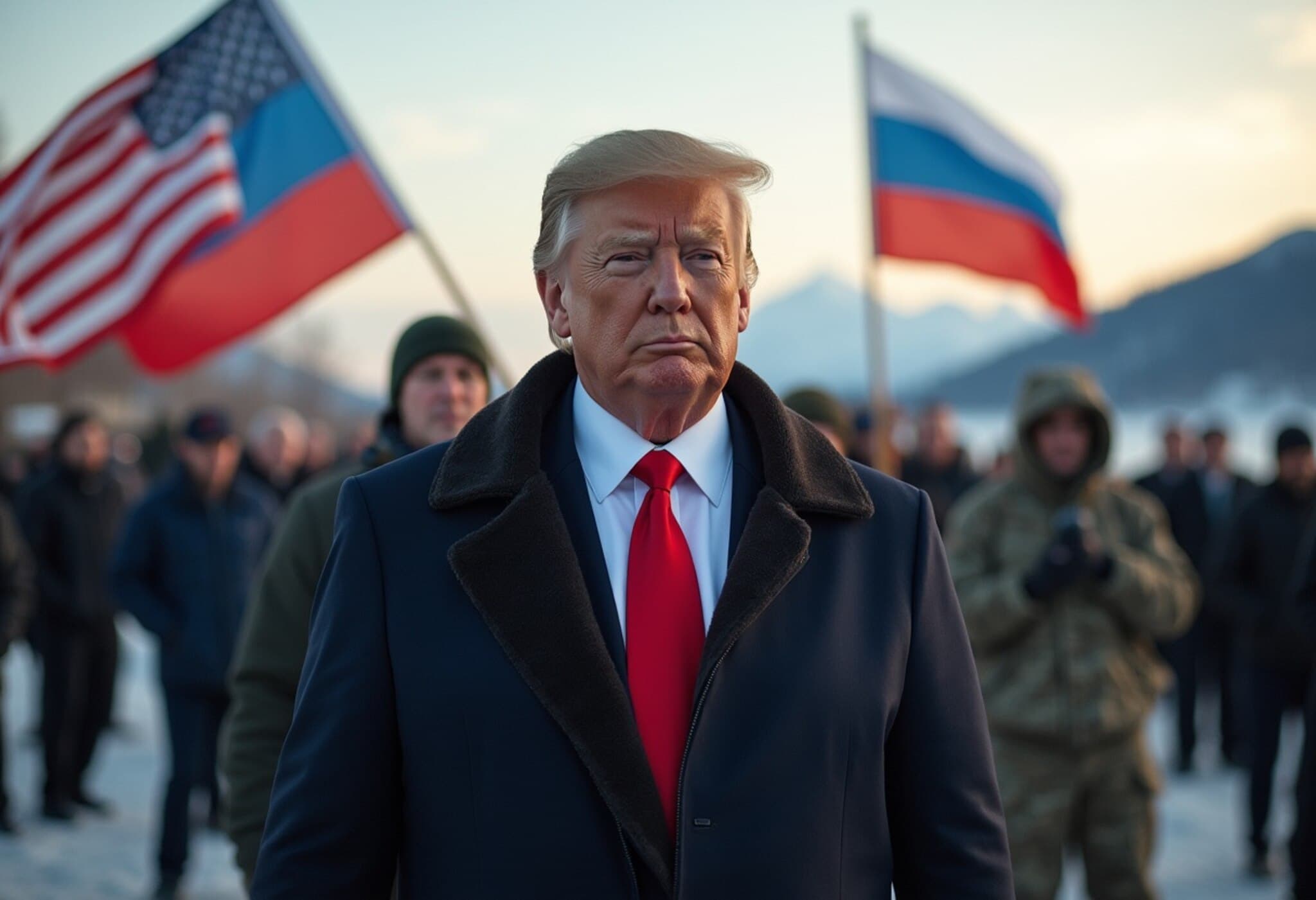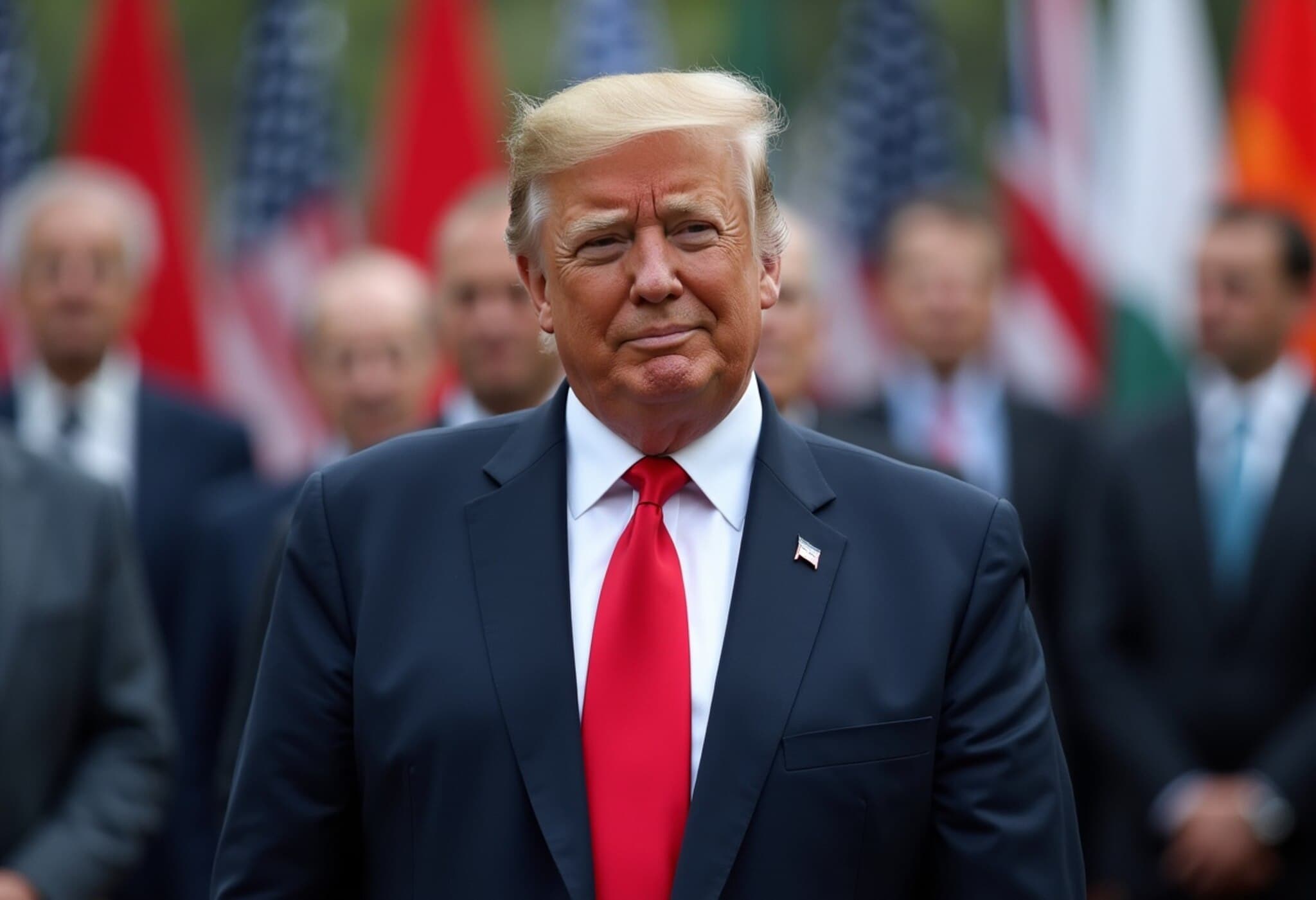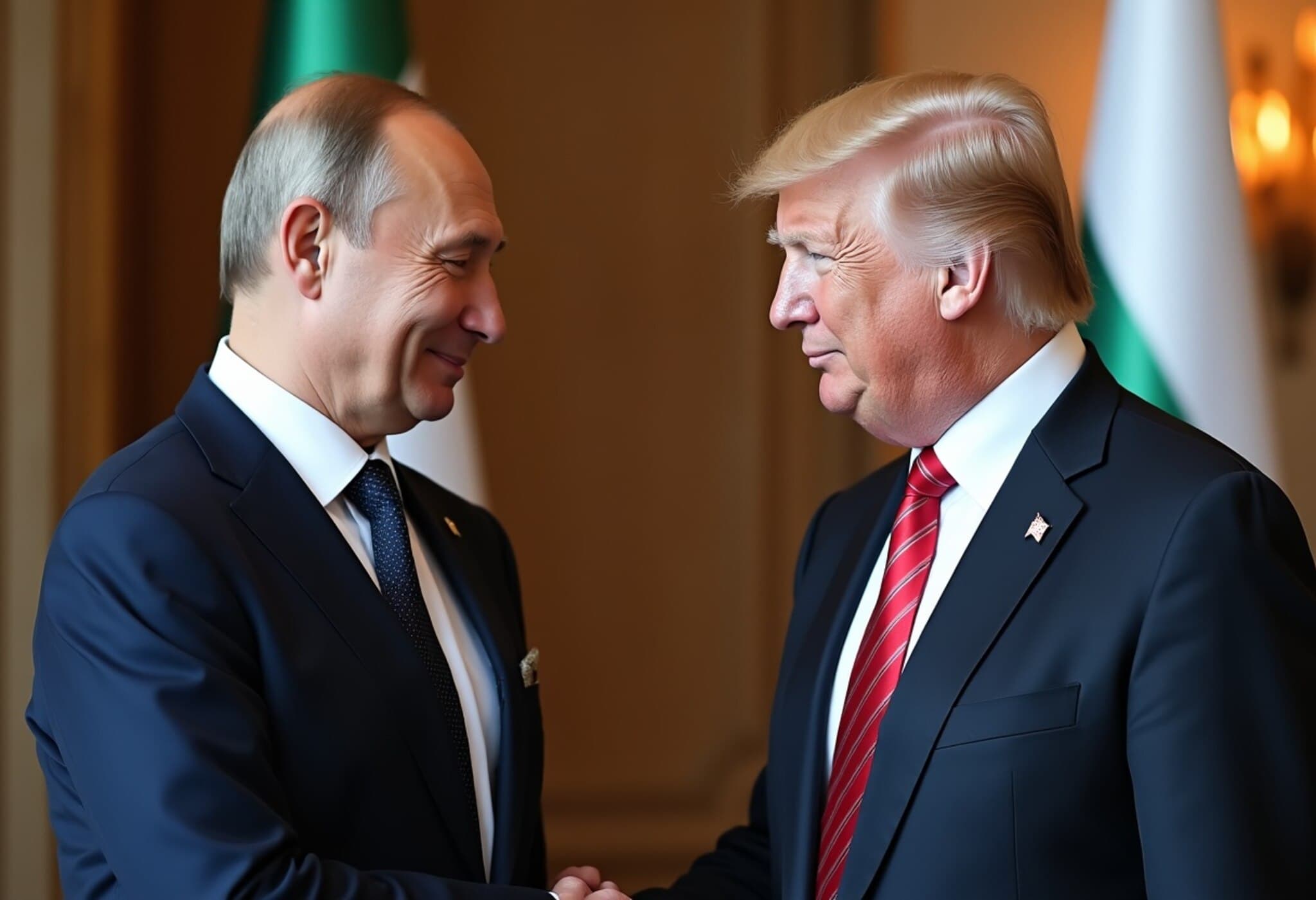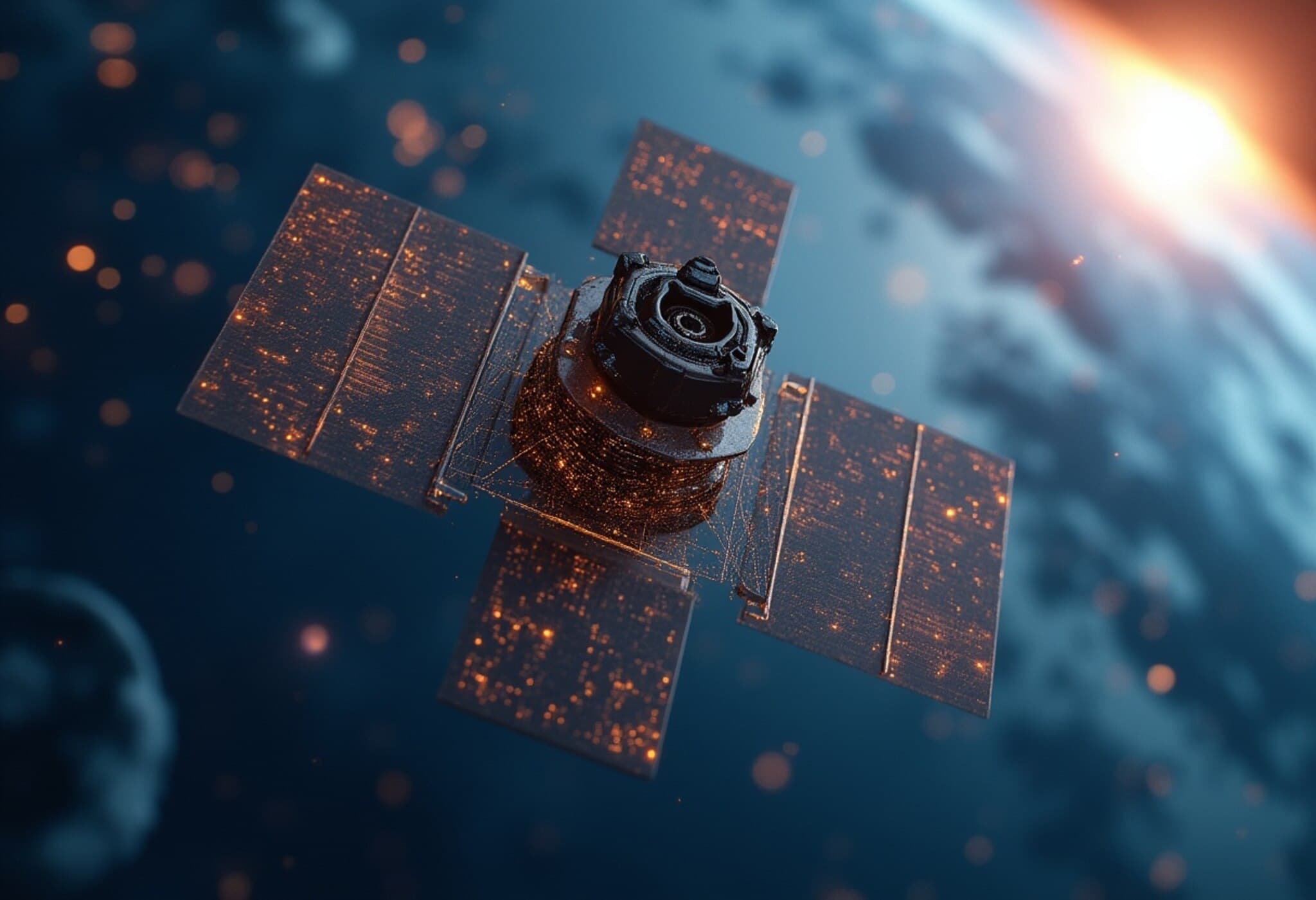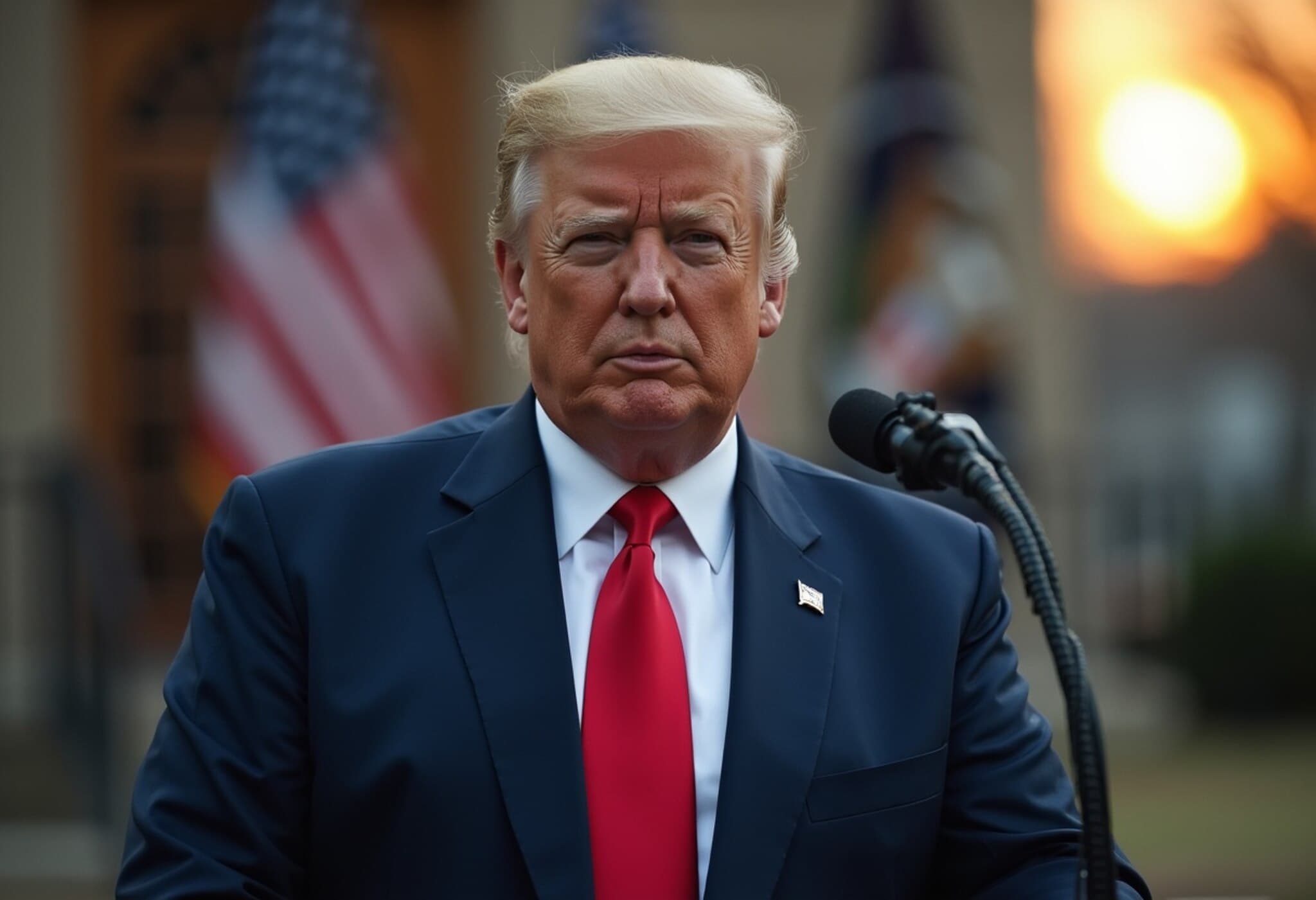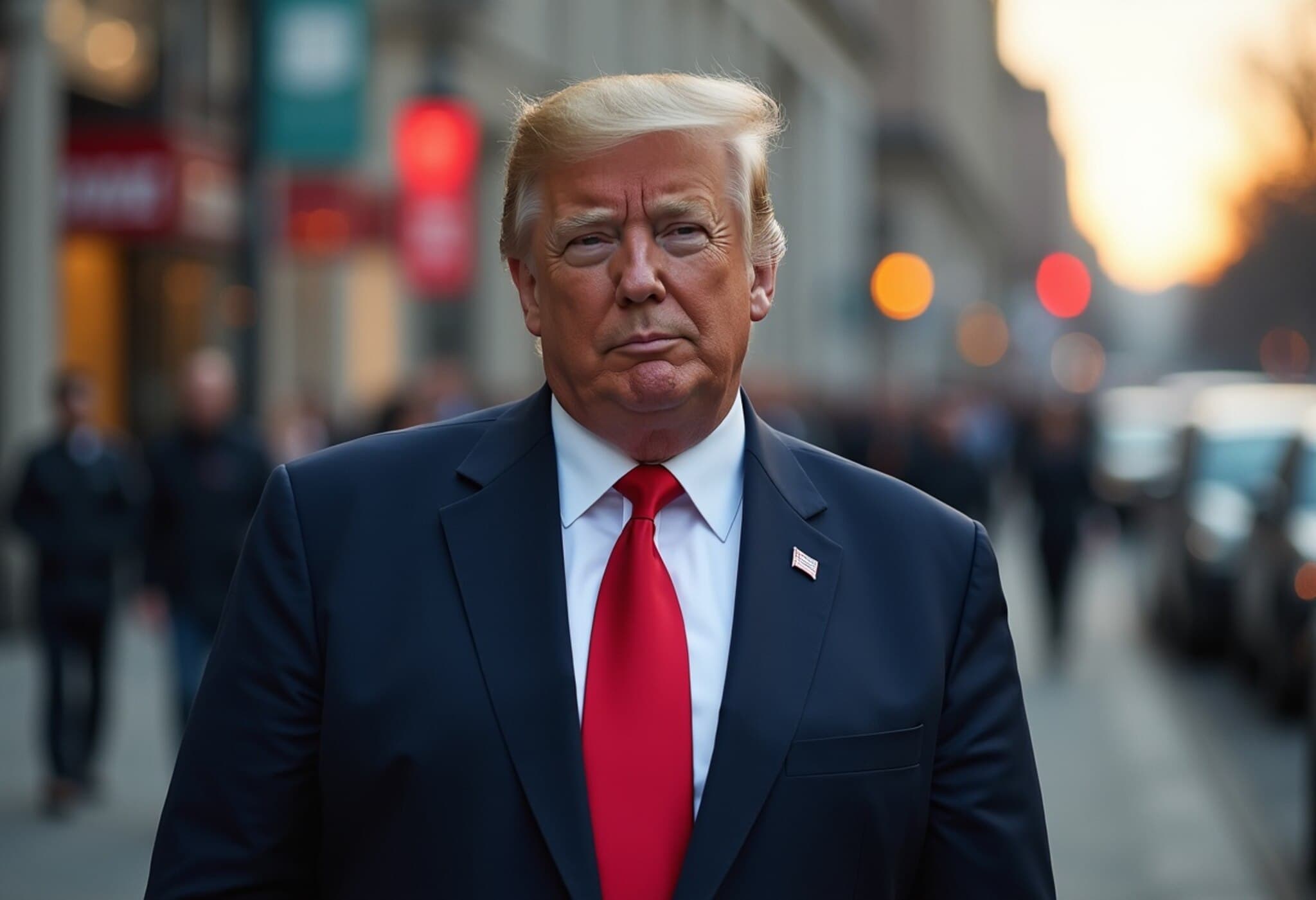Putin Expresses Willingness to Meet Zelenskyy Following US Diplomatic Push
In a noteworthy development amid the ongoing conflict between Russia and Ukraine, the Kremlin has indicated that President Vladimir Putin is open to holding a meeting with Ukrainian President Volodymyr Zelenskyy. This announcement comes as US President Donald Trump intensifies calls for a ceasefire and peaceful resolution to the hostilities.
Preliminary Steps Before High-Level Talks
Kremlin spokesperson Dmitry Peskov confirmed on Monday that Putin would consider a direct encounter with Zelenskyy once expert-level preparatory work has been completed. This carefully cautious stance reflects Moscow’s insistence on groundwork before engaging in what could be a landmark diplomatic gesture.
Trump’s Ceasefire Initiatives and Frustrations
President Trump has proactively proposed multiple ceasefire plans aimed at halting the violence. Notably, Ukraine has accepted all ceasefire proposals, seeking to pause hostilities and pave the way for dialogue. Conversely, Putin has consistently rejected these plans, maintaining a hardline position.
For weeks, Zelenskyy has advocated for a three-party meeting involving himself, Putin, and Trump, hoping it could lead to substantive negotiations. However, Putin’s refusal to meet directly with Zelenskyy rests on a broader geopolitical narrative: he does not recognize Ukraine as a sovereign nation and refuses to acknowledge Zelenskyy as its legitimate leader.
Geopolitical Underpinnings and Messaging
This stance underscores a critical blockade in diplomatic efforts—a fundamental clash over recognition and sovereignty that complicates peace talks. Putin’s position is not merely about the war’s military phases but about the very legitimacy of Ukraine’s statehood, a core driver of the conflict.
Trump’s Ultimatum and Strategic Diplomacy
Earlier efforts saw Trump issuing a 50-day ultimatum to Putin, which he later narrowed to 10-12 days, expiring this week. Observers closely watch the Kremlin’s response as Trump’s emissary, Steve Witkoff, prepares to engage in talks with Russian officials. The Kremlin has confirmed Witkoff’s likely meeting with Putin, signifying a possible diplomatic opening despite prevailing tensions.
Nuclear Rhetoric and Caution
Amid heightened tensions, the Kremlin stressed the importance of responsible discourse surrounding nuclear weapons. Peskov emphasized Russia’s sensitivity to nuclear non-proliferation issues and urged global actors to avoid inflammatory language. This comment follows recent escalations, including Trump’s deployment of nuclear submarines near Russian waters after provocative threats from Dmitry Medvedev, a former Russian president known for his hawkish commentary.
Expert Insights: The Complexity Behind the Dialogue
The prospect of a Putin-Zelenskyy meeting, even remotely, is highly significant. It opens questions about the potential thaw in one of the most severe conflicts in recent decades. However, the underlying refusal by Moscow to accept Ukraine's sovereignty complicates any straightforward resolution.
American foreign policy experts point out that while Trump’s involvement brings unprecedented direct pressure on Putin, it also risks pushing Russia to dig in further if perceived as a loss of face. The balancing act requires careful negotiation, where preparatory technical talks will likely set the stage for future diplomatic breakthroughs—or further stalemate.
Regional and Global Implications
For the US and Europe, a negotiated ceasefire would relieve humanitarian strains and stabilize the security landscape in Eastern Europe. For Russia, it’s a question of maintaining strategic interests without escalating conflicts that risk international isolation or economic fallout. The world is watching closely as these high-stakes diplomatic maneuvers unfold.
Looking Ahead
As Steve Witkoff arrives in Russia and the Kremlin signals cautious openness, the international community holds its breath for signs that dialogue could outpace conflict. Yet, the challenges of mutual recognition, trust deficits, and geopolitical rivalry remain steep hurdles on the road toward peace.
What Next?
- Will preparatory talks lay the groundwork for meaningful dialogue between Putin and Zelenskyy?
- How will the US leverage its diplomatic role without escalating tensions?
- Can nuclear rhetoric be de-escalated to prevent dangerous misunderstandings?
These questions highlight the precarious but urgent nature of diplomacy at this critical juncture.
Editor's Note
This moment in US-Russia-Ukraine relations is a pivotal crossroads. While Russia’s tentative willingness to meet signals a potential shift, underlying geopolitical realities demand sustained, nuanced diplomacy. Readers should consider the broader implications—how the recognition of sovereignty, the management of nuclear threats, and third-party mediation shape not just this conflict, but future international conflict resolution efforts.
Understanding the intersection of political legitimacy and peace negotiations remains key to interpreting developments in this conflict. Continued vigilance and informed engagement are essential for those following this high-stakes geopolitical chess game.

